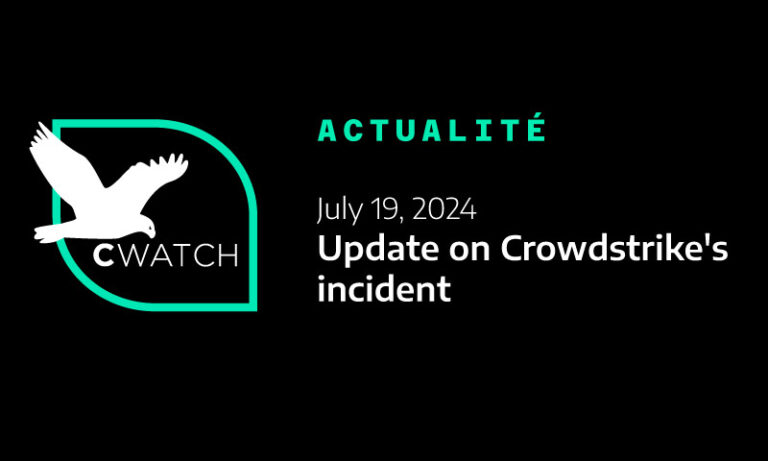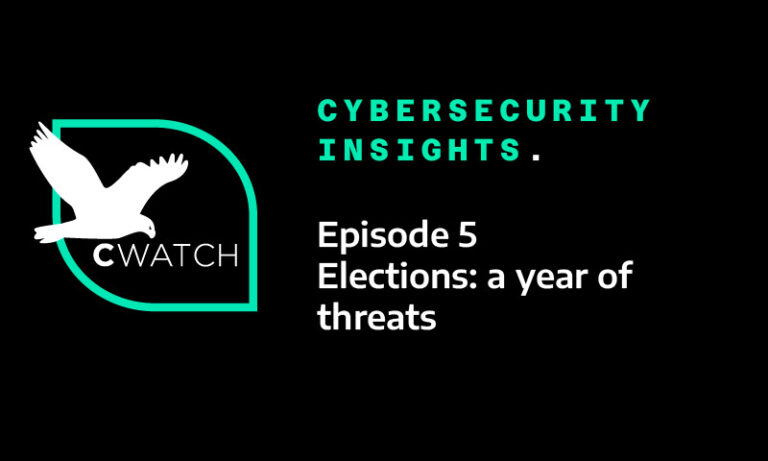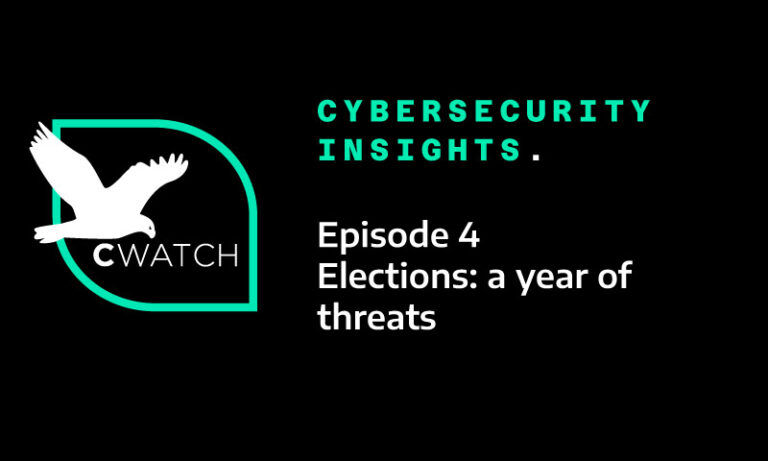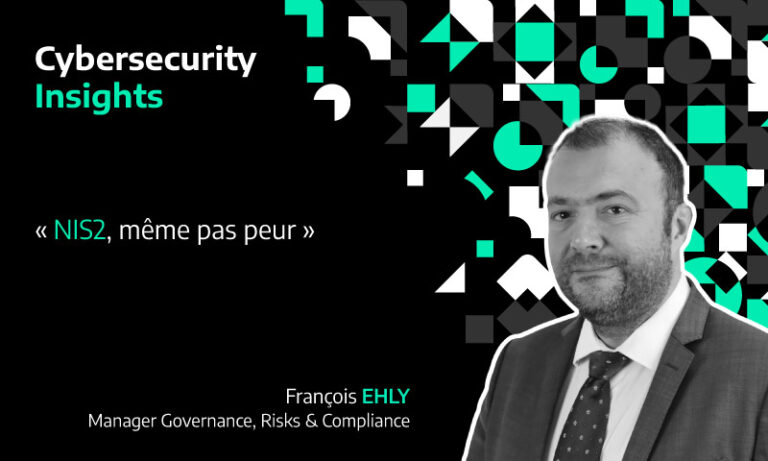29/04/2024
CTI
Elections: a year of threats – Episode 2
The second episode of our elections serie is out!
Cyberspace is currently heavily used to target state powers. This week, we focus on the last Russian election to explore the different stakes surrounding this event and introduce you to the concept of foreign interference. It is a complex operation that can leverage multiple sorts of influence to change the course of the political future of a country. We’ll see that these operations are nothing new and serve specific goals set by governments.
The Russian election: at the crossroad of doubtful practices
The recent Russian election is the opportunity to highlight important issues such as governments will to invest in entire teams interfering in foreign elections to serve their interests. Starting through the lens of a non-Western country, we are also going to put actions targeting Russia in perspective with similar campaigns.

Voluntarism and technical means: the perfect mix
Foreign governments’ interferences in elections are a recurring theme in the media and Russia is often singled out as one of the main users of this technique. However, the United States has long attempted to destabilise regimes deemed hostile, a practice it reportedly abandoned in the late 2010s before Moscow suspected it of destabilising the 2024 presidential election. About 90,000 cyberattacks were performed on Russia’s election through three main vectors: web portals, online voting, the Central Election Commission.

Lower levels of influence
Beyond the known fraudulent actions performed by the Russian government, private actors are also willing to play a part in their own way. The staff of the Russian embassy in Washington DC received various pressures surrounding the elections. Those ranged from verbal to physical violence.

Not so black and white
Russia has also been suspected of trying to influence the course of elections in the US, Europe, but also in Indonesia and many African countries in the recent years.
This type of intervention serves geopolitical purposes to fulfil the current government’s objectives in terms of foreign policy as well as destabilising powers promoting opposite values.
Breaking down interference: the game of the powerful?

Interference is not always a reciprocal game
Interference is first and foremost a matter of resources. Some states always put substantial efforts, but they are not all equal.
Depending on the political context of their targets, governments will implement a tailored strategy. For example, when targeting Africa, Russia uses three main influence vectors:
- Disinformation,
- Support candidates close to Moscow,
- Support circumvention of term limits.

What’s at stake?
The government’s credibility
Maintaining national sovereignty
Gain the upper hand
Operations les by the United States since the 2000s

References
- Reuters. 2024. Russian ambassador to Washington says embassy has received threats over election.
- Reuters. 2024. Russia’s spy service accuses US of trying to meddle in presidential election.
- Russian News Agency. 2024. Russia thwarts over 90,000 cyberattacks on electoral resources on March 15.
- 2023. Tracking Russian Interference to Derail Democracy in Africa.
